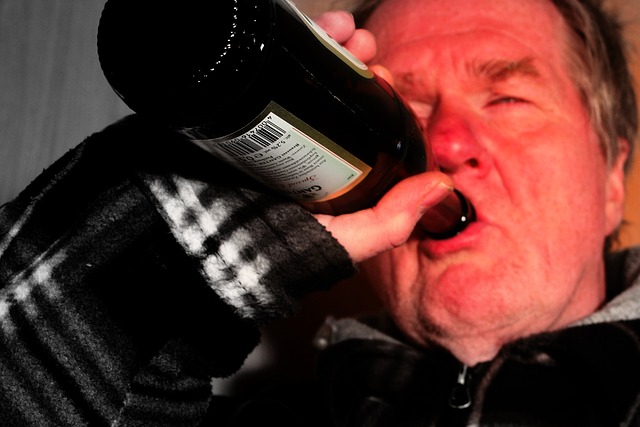
People who "have it all" and drink heavily, regularly often (jokingly) give themselves the label "High-Functioning Alcoholic." They have highly successful jobs, often with correspondingly high status in the local community. They may be perfect parents who happen to enjoy some wine at dinner and some martinis after the children are in bed. They may be "rags to riches" entrepreneurs who love to celebrate weekends with bottle service. Or they're often senior executives, responsible for hundreds or thousands of employees, who spend their lunches wining and dining other executives.
These people recognize they drink a lot -- but because they're successful, they don't see their drinking as a problem. At least, not until they go over the edge and lose everything. Here's why.
Alcohol treatment, Austin-based or elsewhere, is often based on the "12 steps" program, and its focus on "telling your story" of how you hit "rock bottom." Yet when these "High Functioning Alcoholics" go to an AA meeting, they often come back convinced they don't have a drinking problem -- after all, they're doing far better than the people at the meeting, and they've definitely not hit "rock bottom."
Here's The Problem
These "High Functioning Alcoholics" may be surrounded by equally successful people who drink just as much as they do, but that doesn't mean they haven't gone from "social drinking" to heavy drinking.
In this process they build up a tolerance to alcohol, causing their brains to adapt and rewire themselves to reward further drinking. The part of the brain which alcohol affects the most is not (as is commonly believed) the "rational, logical" frontal cortex, but the reward system -- the subcortical regions, which can override the higher-level frontal-cortex thinking. Hence why people who "know they shouldn't drink" often still do.
If these "High Functioning Alcoholics" persist with their lifestyle, they have much higher risks of developing serious health problems -- pancreatitis, heart disease, depression, dementia, and many forms of cancer. However, it's much more likely that they'll lose something else important to their drinking before developing any health conditions.
Their marriage may dissolve. They may lose their jobs when years of irresponsible leadership and work are suddenly discovered. They may get a DUI driving to the convenience store. Their children may do harmful things, not having learned coping skills from their alcohol-abusing parents.
These are not simply "unlucky events." They're a direct consequence of the neural changes brought about by alcohol abuse, and this is why the idea of the "high functioning alcoholic" is a dangerous myth. It's only a matter of time before the "high functioning" aspect falls away.
Alcohol Treatment
Most professionals simply are not candidates for inpatient, residential alcohol treatments. Despite federal guidelines protecting them, they worry about losing their jobs or reputation if someone discovers they're seeking help for alcohol use. They have much more to lose by seeking treatment (or even admitting that they have a problem) than someone who has hit "rock bottom."
For the same reason, family interventions are very difficult for "High Functioning Alcoholics." The intervention must somehow convince them they have a lot to lose over the long run if they don't change their habits, which is an extremely difficult task.
Fortunately, there are many alcohol treatments in Austin available even for "high functioning" alcoholism. Health care professionals or lawyers may be best suited for intensive, outpatient therapy or medications and individualized therapy. Other forms of counseling may let the drinker scale back their drinking to a healthy level without needing to give it up entirely, all while maintaining their level of personal success.